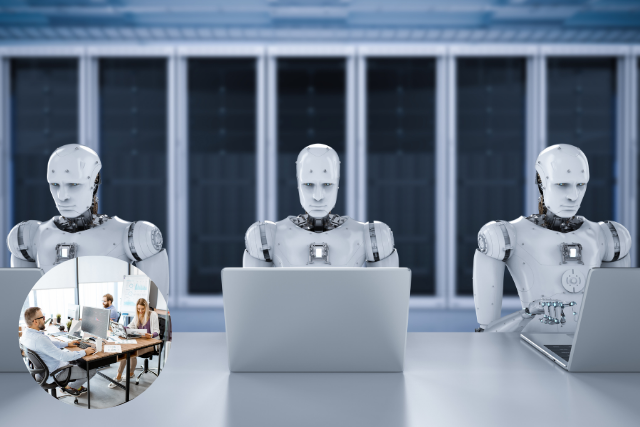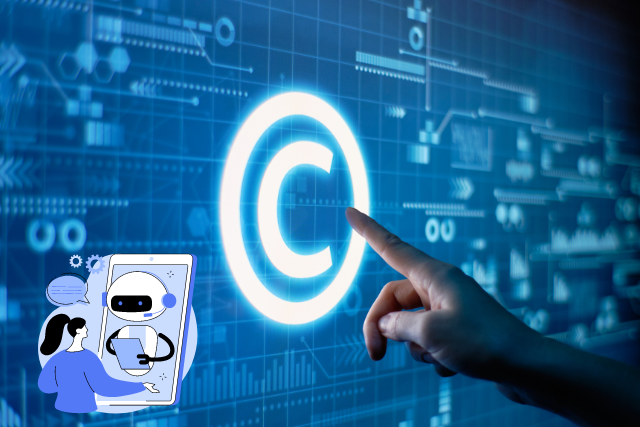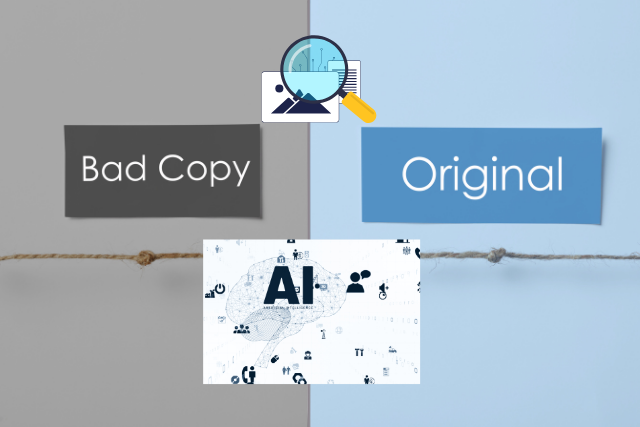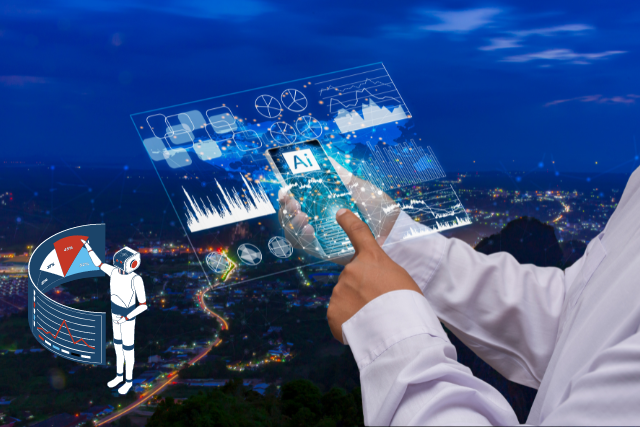The question of whether AI can replace human programmers has been a topic of extensive debate in the tech community.
Looking at an unprecedented rate of advancements in artificial intelligence, it is natural to wonder about its potential to automate the work of software developers.
This article talks about the intricacies of AI’s capabilities, its limitations, and the future programming landscape with the advent of AI.
Understanding AI in Programming
Artificial intelligence, particularly in programming, has made significant strides in recent years. AI-powered tools and systems like GitHub Copilot, OpenAI Codex, and various code generation platforms have demonstrated impressive capabilities in assisting developers.
These tools leverage machine learning models to understand and generate code, potentially boosting productivity and efficiency.
AI’s Role in Code Generation
AI can assist in code generation by:
- Autocomplete: Predicting and suggesting code completions based on the current context.
- Code Synthesis: Generating code snippets from natural language descriptions.
- Bug Detection: Identifying and suggesting fixes for common coding errors.
- Documentation: Automatically generating documentation from code.
Table 1: Examples of AI Tools in Programming
| AI Tool | Functionality | Use Cases |
|---|---|---|
| GitHub Copilot | Autocomplete, code suggestions | Enhancing productivity, learning new APIs |
| OpenAI Codex | Code synthesis, natural language to code | Building applications, prototyping |
| DeepCode | Bug detection, code reviews | Improving code quality, catching vulnerabilities |
| Kite | Code completions, documentation | Speeding up coding, learning from examples |
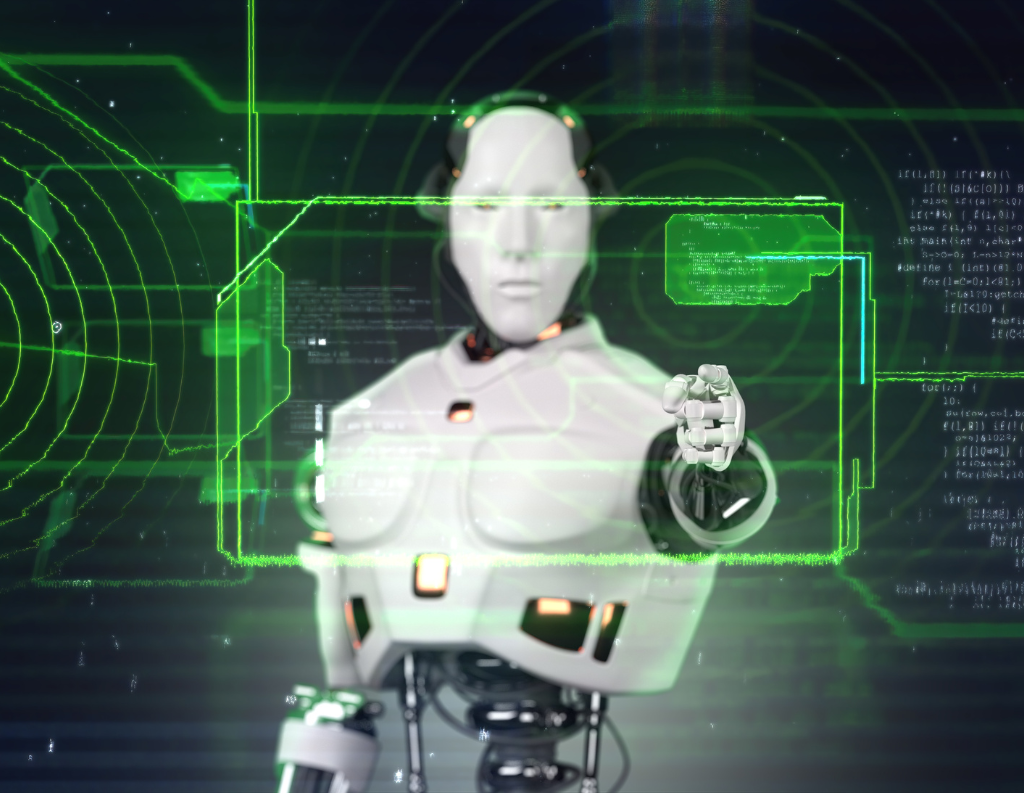
Advantages of AI in Programming
AI offers several benefits that can significantly impact the software development process:
Increased Efficiency
AI can automate repetitive and mundane tasks, allowing developers to focus on more complex and creative aspects of programming. For instance, AI can quickly generate boilerplate code, reducing the time spent on initial setup and configuration.
Error Reduction
AI-driven code analysis tools can detect and correct errors before they become problematic. This proactive approach to error handling can lead to more robust and reliable software.
Learning and Adaptation
AI models can learn from vast amounts of data, including codebases, documentation, and developer interactions. This learning ability enables AI to adapt to new programming languages, frameworks, and best practices, staying up-to-date with the latest trends.
Collaboration and Knowledge Sharing
AI tools can facilitate collaboration among developers by providing real-time suggestions, code reviews, and documentation. This can enhance team productivity and foster a culture of knowledge sharing.
Limitations of AI in Programming
Despite its potential, AI in programming also faces several limitations that prevent it from fully replacing human programmers:
Contextual Understanding
Programming often requires a deep understanding of the specific context in which code is written. AI may struggle to grasp the nuances and subtleties of a project, leading to incorrect or suboptimal code suggestions.
Creativity and Innovation
While AI can generate code based on existing patterns and data, it cannot innovate and create novel solutions. Human programmers bring creativity and out-of-the-box thinking to problem-solving, which is difficult for AI to replicate.
Debugging and Troubleshooting
Debugging complex software issues often requires critical thinking and domain-specific knowledge. AI tools may assist in identifying bugs, but human intervention is typically necessary to diagnose and resolve intricate problems.
Ethical and Security Concerns
AI-generated code can inadvertently introduce security vulnerabilities or ethical issues. Ensuring that AI tools adhere to ethical guidelines and produce secure code remains challenging.
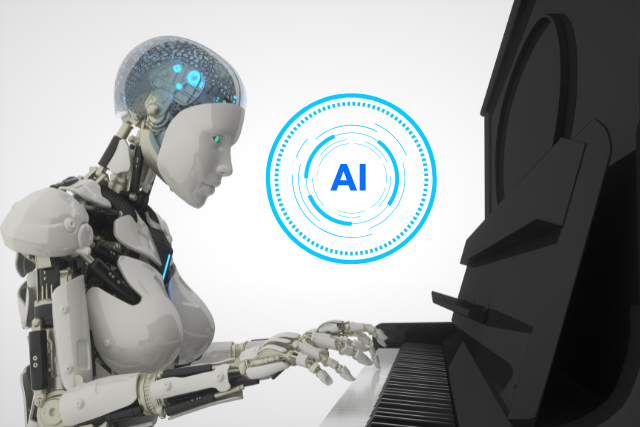
The Future of AI and Human Programmers
The future of programming will likely see a collaborative relationship between AI and human programmers. Rather than replacing developers, AI is expected to augment their capabilities, enabling them to work more efficiently and effectively.
Collaborative Development
AI tools can serve as valuable collaborators, providing real-time assistance and enhancing the productivity of human programmers. This symbiotic relationship can lead to higher-quality software and faster development cycles.
Continuous Learning
As AI models evolve, they will better understand and generate code. This continuous learning process will make AI tools more adept at assisting with various programming tasks.
Ethical and Responsible AI
Developing AI tools that adhere to ethical standards and prioritize security will be crucial. Ensuring that AI-generated code is safe, reliable, and free from biases will be a key focus area for the tech community.
Human-Centric AI
AI tools should be designed to complement human skills rather than replace them. By focusing on human-centric AI, developers can leverage AI’s and human ingenuity’s strengths to achieve better outcomes.
FAQs
1. Can AI completely replace human programmers?
No, AI is unlikely to replace human programmers completely. While AI can automate specific tasks and assist in code generation, human creativity, contextual understanding, and problem-solving skills are indispensable in software development.
2. How can AI assist programmers?
AI can assist programmers by automating repetitive tasks, suggesting code completions, identifying bugs, generating documentation, and providing real-time code reviews. These tools can enhance productivity and improve code quality.
3. Are there any risks associated with AI-generated code?
AI-generated code can introduce security vulnerabilities, ethical concerns, and biases. Ensuring that AI tools produce secure and ethical code mitigates these risks.
4. Why do programmers use some popular AI tools?
Famous AI tools programmers use include GitHub Copilot, OpenAI Codex, DeepCode, and Kite. These tools offer various functionalities like code completion, bug detection, and code synthesis.
5. Will AI make programming more accessible for beginners?
AI can make programming more accessible for beginners by providing real-time assistance, code suggestions, and educational resources. This can help newcomers learn faster and overcome common challenges.
6. What is the future of AI in programming?
The future of AI in programming lies in collaboration between AI tools and human programmers. AI will augment human capabilities, leading to more efficient development processes and higher-quality software.
Conclusion
The question of whether AI can replace human programmers is multifaceted and complex. While AI has made remarkable advancements in code generation, error detection, and productivity enhancement, it is not poised to replace human developers fully.
Instead, the future of programming will likely see AI serving as a powerful assistant, augmenting human skills and enabling developers to achieve more.
The tech community can harness the full potential of AI in programming by embracing a collaborative approach and focusing on ethical, responsible AI development.

